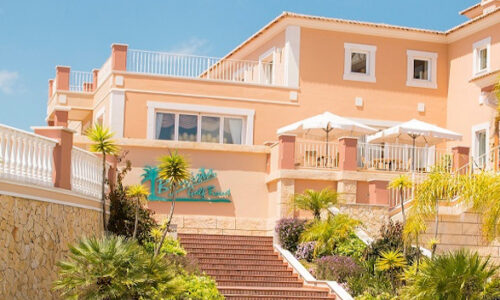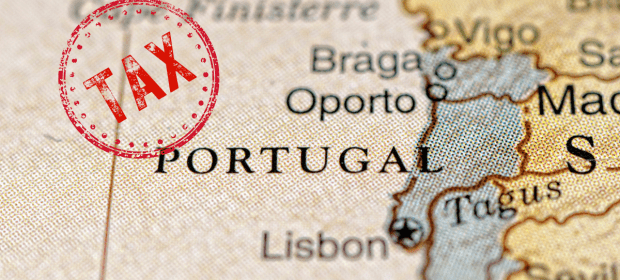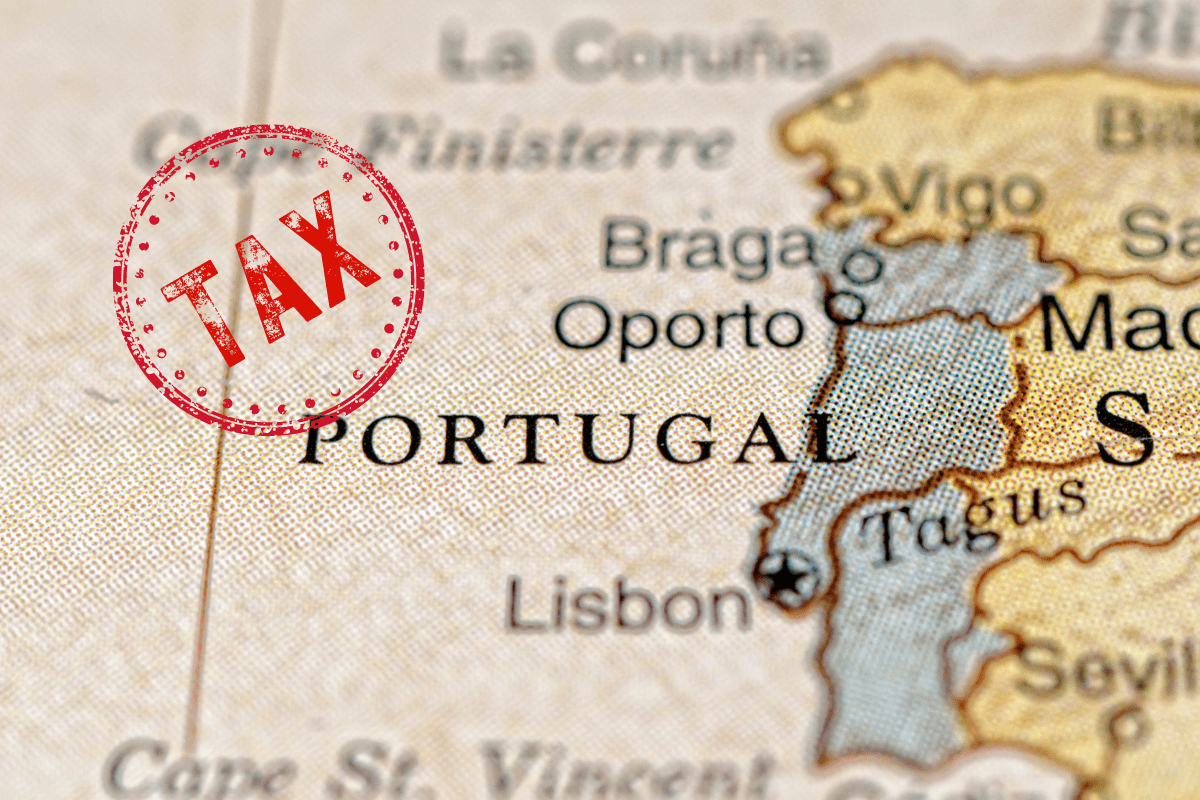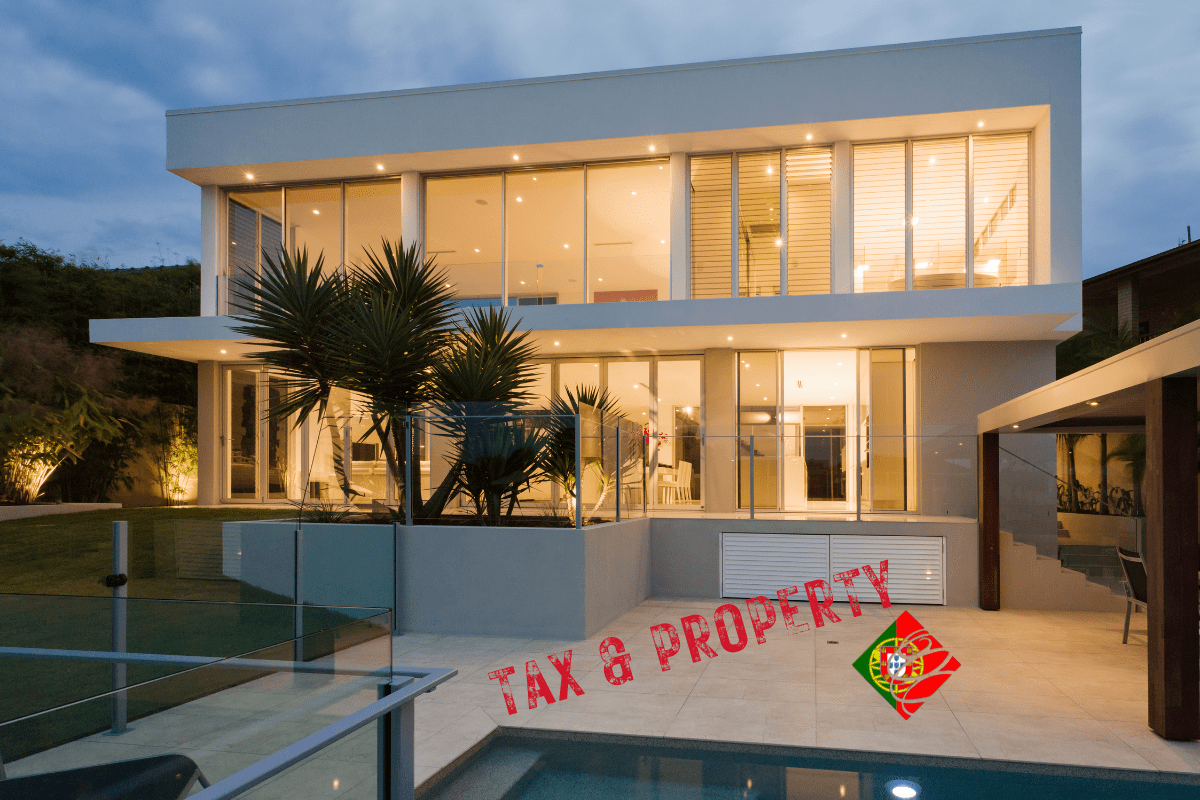In my conversations with clients, I come across several issues that create confusion. In this article we will dispel some key common myths.
Myth 1 – “I’ve left the UK so I won’t pay UK taxes”
The UK has a particularly complicated and adhesive tax system that clings on to former residents after they have left if they have not effectively severed their ties. So, even though you have left the UK, you could still be liable to tax in the UK on income, capital gains and on death (inheritance tax).
Additionally, certain types of income may remain taxable in the UK even after you have left and established residency elsewhere. This means that you may have to continue to complete an annual tax return for HMRC as well as make your annual declaration in Portugal.
Myth 2 – “I can come and go as I choose”
In order to maintain your residency in Portugal, or elsewhere, there are day limitations that you will have to adhere to. For example, in order to remain outside of the UK tax net after leaving, you have to cap the time you spend back in the UK. This may be as little as 16 days or as much as 182 days.
If you are in Portugal on a visa, such as the D7 or Golden Visa, you will have minimum stay requirements in Portugal to maintain this status.
Myth 3 – “I’ve left the UK, so I won’t be subject to UK Inheritance Tax (IHT)”
Unlike income tax and capital gains tax which is generally based on your location, liability to UK IHT is determined by your domicile. For most people, this means they will continue to pay UK IHT even if they no longer live in the UK.
There are steps you can take to mitigate a portion, or all, UK IHT but individual advice should be sought as it is a highly complex area. Any challenge by HMRC will be once you have passed so it requires specialist advice during your lifetime.
Myth 4 – “Non-Habitual Residence (NHR) means I’m not resident”
NHR is the 10-year tax incentivised scheme for new residents to Portugal. The name causes understandable confusion as it implies that you are not a resident of Portugal.
What NHR actually means is that you have not been tax resident in Portugal in the last 5 years, and in order to apply for NHR you must first be legally resident in Portugal.
This has created issues where people have not applied for NHR due to this misunderstanding, or worse, have been actively discouraged from applying for it even though in 99% of cases it is a financial ‘no brainer’.





















